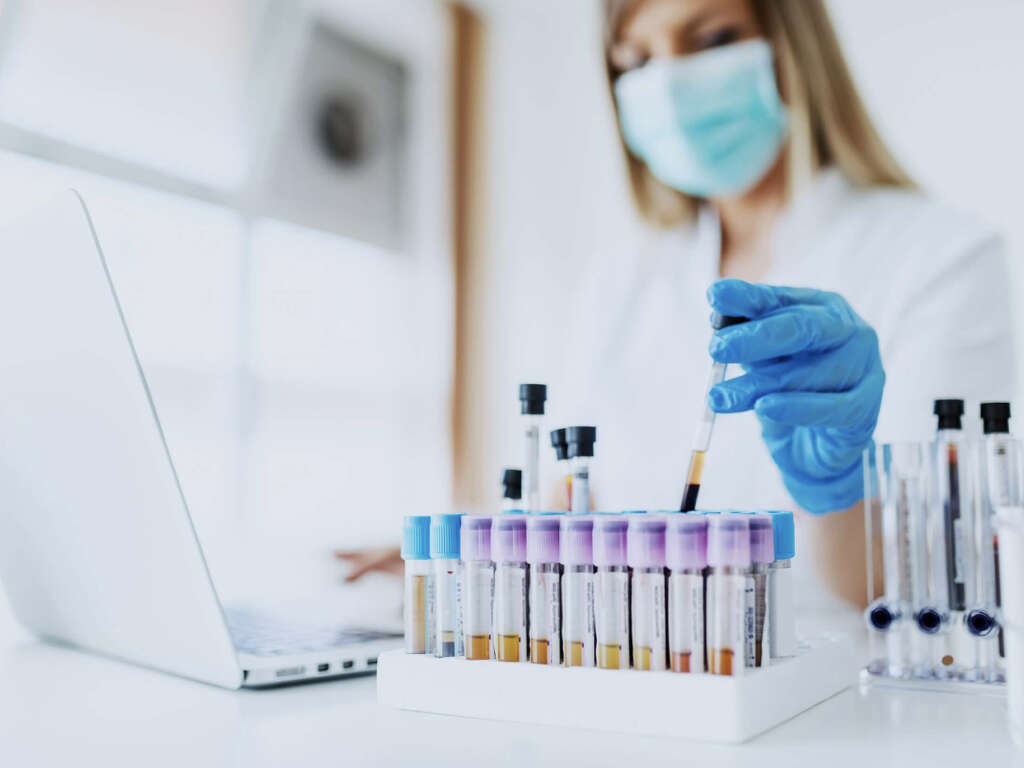What Is Schistosomiasis?
Water is essential to us. We need it in order to survive, while it is also important for our personal hygiene. That, and large bodies of water like lakes and rivers can also be a lot of fun. As important as water is for us, however, it is still important to be careful around it because it is not without its risks.
One risk associated with water is that it can harbor many pathogens if it is not properly treated. These pathogens can make us feel quite ill if they were able to infect our bodies. They can also be quite dangerous for us. One example of a disease caused by a waterborne pathogen is schistosomiasis.
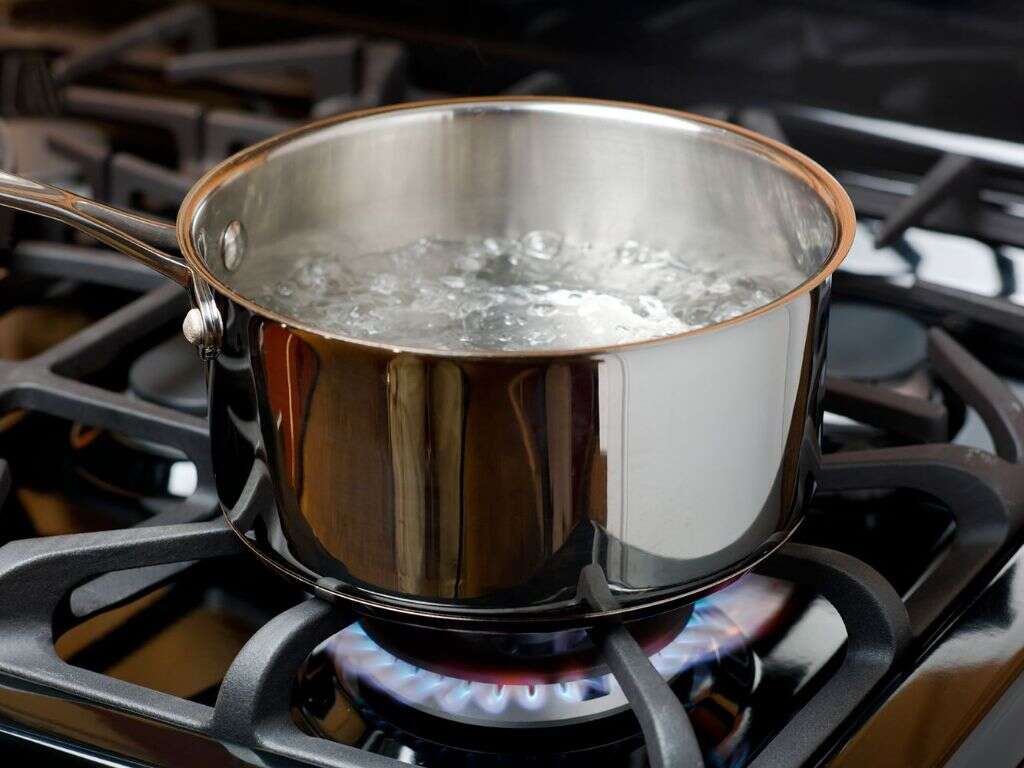
1. Schistosomiasis
Schistosomiasis is a disease that is also known as bilharzia. It is caused by a species of parasitic worm that is found living in fresh water in some parts of the world. It is not found in the United States and it is usually only caught by people from developed countries that go travelling to where the parasite is present.
Being infected by the parasite will often not cause any symptoms. Even when symptoms do arise, they will usually pass within a couple of weeks or so. Schistosomiasis can cause serious problems in some cases, however, so it should be treated as soon as it is detected. Treating the condition is relatively straight forward.
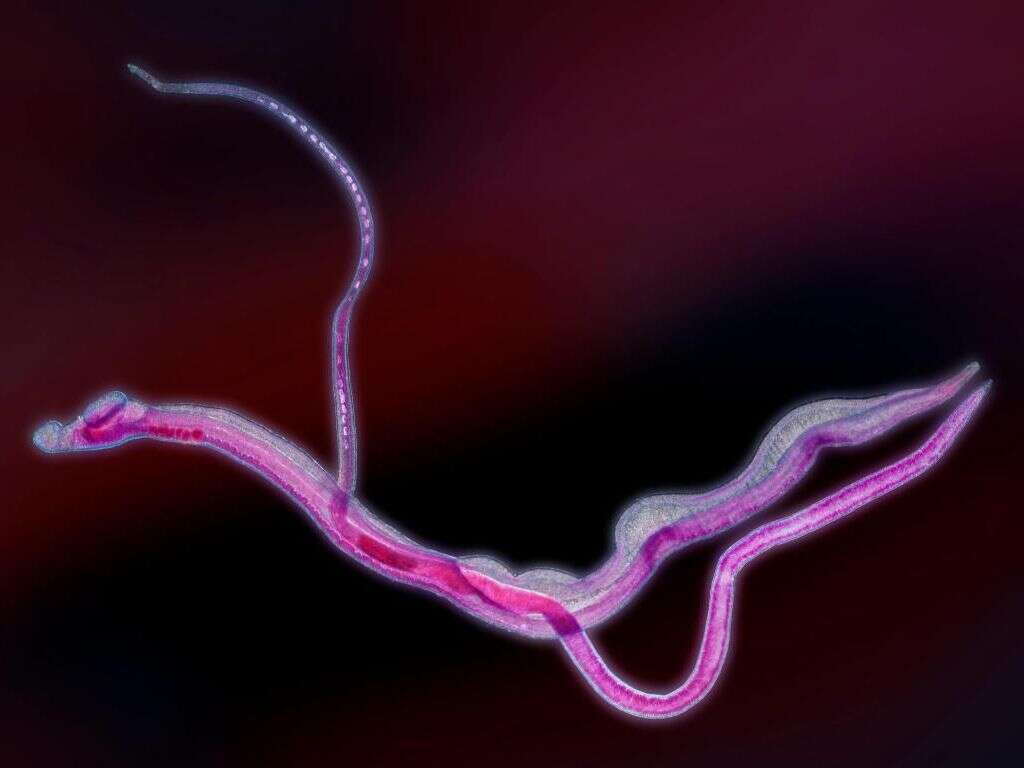
2. Schistosomes
Schistosomes are the parasite responsible for causing schistosomiasis. They are a genus of trematodes, which are also known as blood flukes. The parasite usually lives for between 3 to 10 years, but they have been known to live for as long as 40 years in some cases.
Once a host has been infected, the worms will begin to lay thousands of eggs, most of which are passed out through the body in urine and feces. Many of the eggs will eventually find themselves in fresh water. Before the worm’s larvae are able to find a new human host, they will first spend some time maturing in an intermediary host, which will be a water snail.
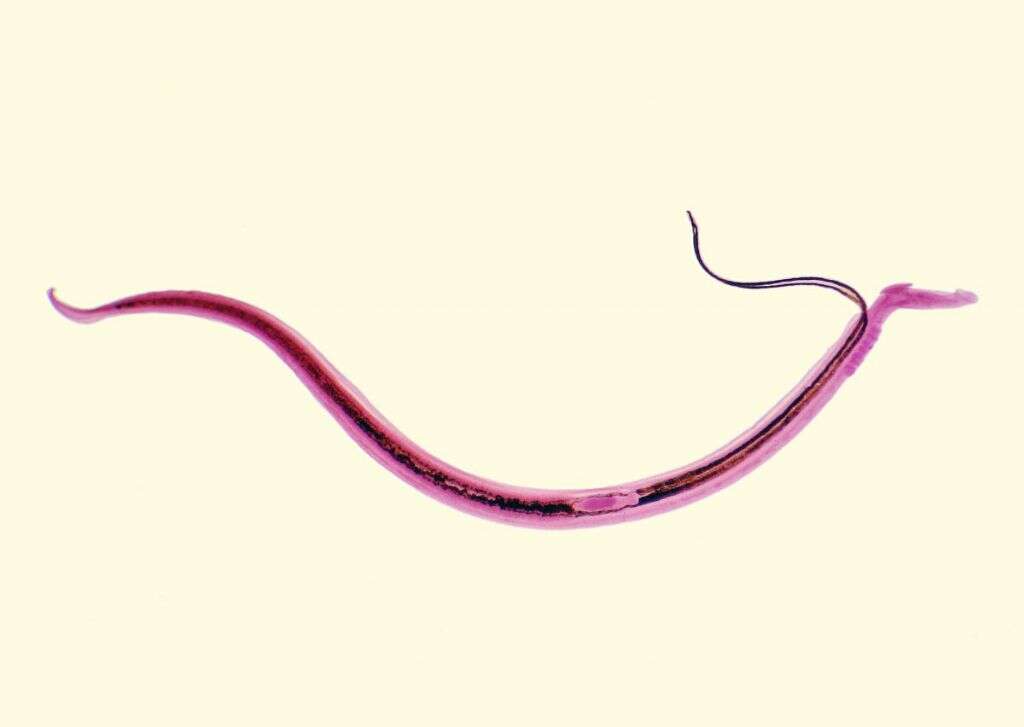
3. Transmission
People can become infected by the worm after contact with water that has been contaminated with the larvae. The worms are so small that they are able to burrow into their new host’s skin. Once beneath the skin, they will begin to make their way to the digestive tract, which is where they will reside.
Many people will become infected by the worms after taking a shower with water that has not been effectively filtered. Swimming in infected water is also another fairly common method of infection. It is recommended to try and avoid swimming in lakes and similar when in certain parts of the world.
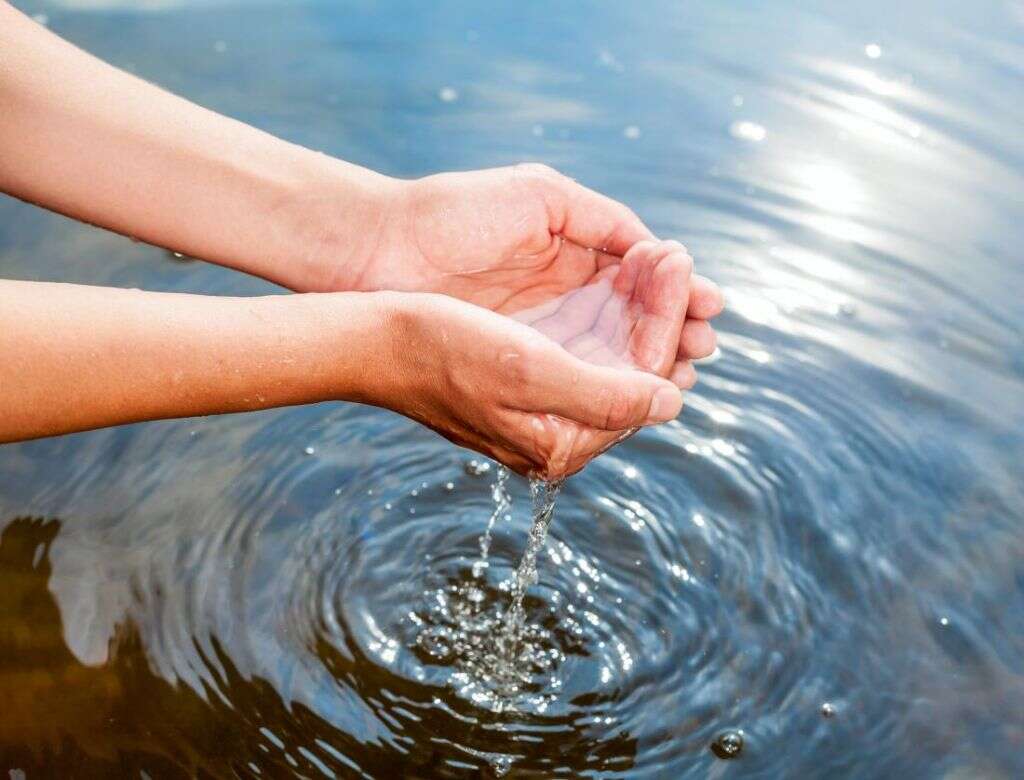
4. Locations
Schistosomes are most common in Africa, and they are found throughout the continent. They can also be found in Asia, the Caribbean, the Middle East, and South America. It is advisable to take all practical precautions when you are visiting these parts of the world. Avoid contact with untreated water, and you should also always try and drink bottled water only. This is because worms in infected drinking water can burrow into your lips and mouth.
The parasite is found in freshwater only, so you will not be able to catch it when swimming in the ocean. It will also not be able to survive in chlorinated water so most hotel swimming pools will also be safe to swim in.

5. Acute Schistosomiasis
Schistosomiasis can be broken down into two main types. Those are acute schistosomiasis, and chronic schistosomiasis. Acute schistosomiasis is also known as Katayama fever, and the symptoms can appear weeks or months after the initial infection. Many people will experience no symptoms at all.
Much of the time, the patient will not even be aware they have been infected. When acute schistosomiasis does cause symptoms, the patient will usually recover without treatment in a few weeks or so. Regardless, it is still important the patient gets treatment even if their symptoms have passed. This is because the parasite can remain in the body for long after the patient has apparently recovered.
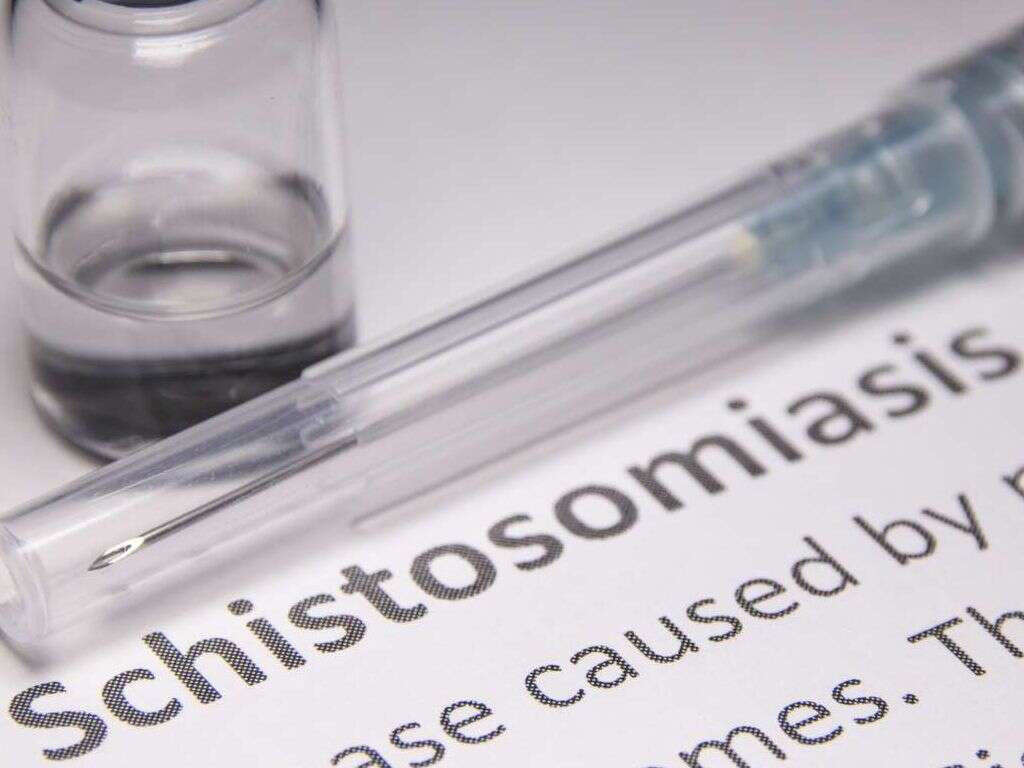
6. Acute Schistosomiasis Symptoms
Even people with schistosomiasis who don’t show other symptoms will sometimes find small bumps on their skin that are itchy and red. These are the sites where the worms burrowed into the patient’s skin and they will likely remain for a few days or so. Other symptoms will take some time longer to appear.
When the other symptoms do appear, they will often include a fever and malaise. The patient will also often have abdominal pain and they can also have diarrhea. Joint and muscle pain are other relatively common symptoms of the condition. Patients will also sometimes develop a rash that it raised, red, and itchy.
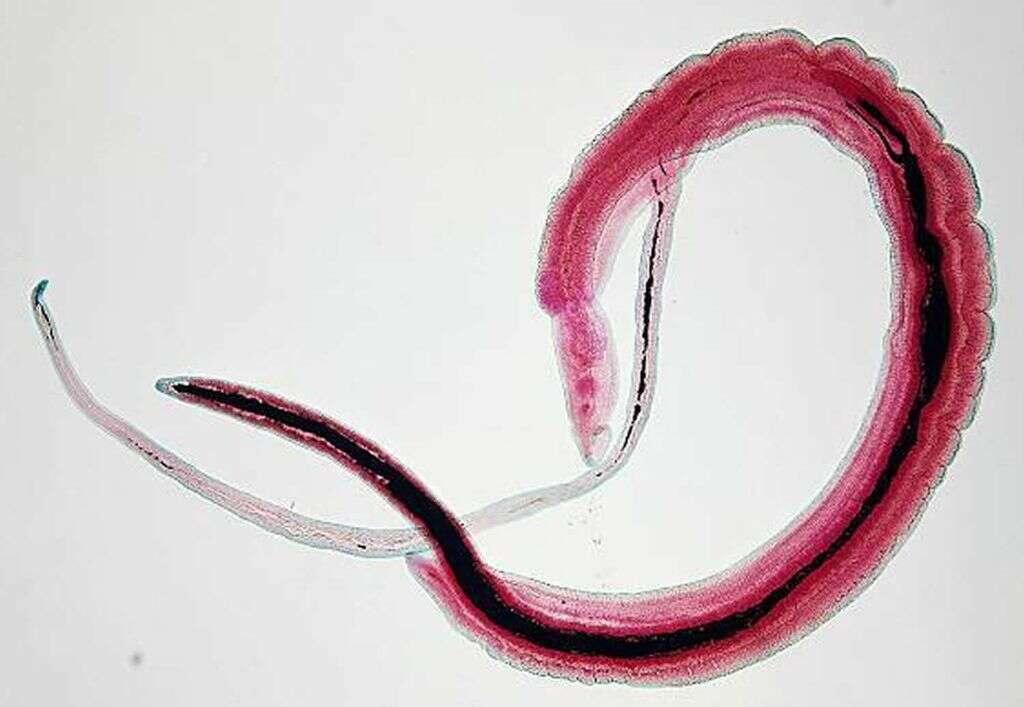
7. Chronic Schistosomiasis
In chronic schistosomiasis, it will likely take a lot longer for the patient to begin showing any symptoms; possibly years after the initial infection. While the patient may not experience any symptoms whatsoever from their condition for a long time, it can still go on to cause some very serious problems for them indeed.
Despite the lack of symptoms, the parasites are still likely to be spreading to elsewhere in the body. The parasites can end up causing problems wherever they are located. It is sometimes not known that the patient has a serious condition until permanent damage is caused and serious complications arise.
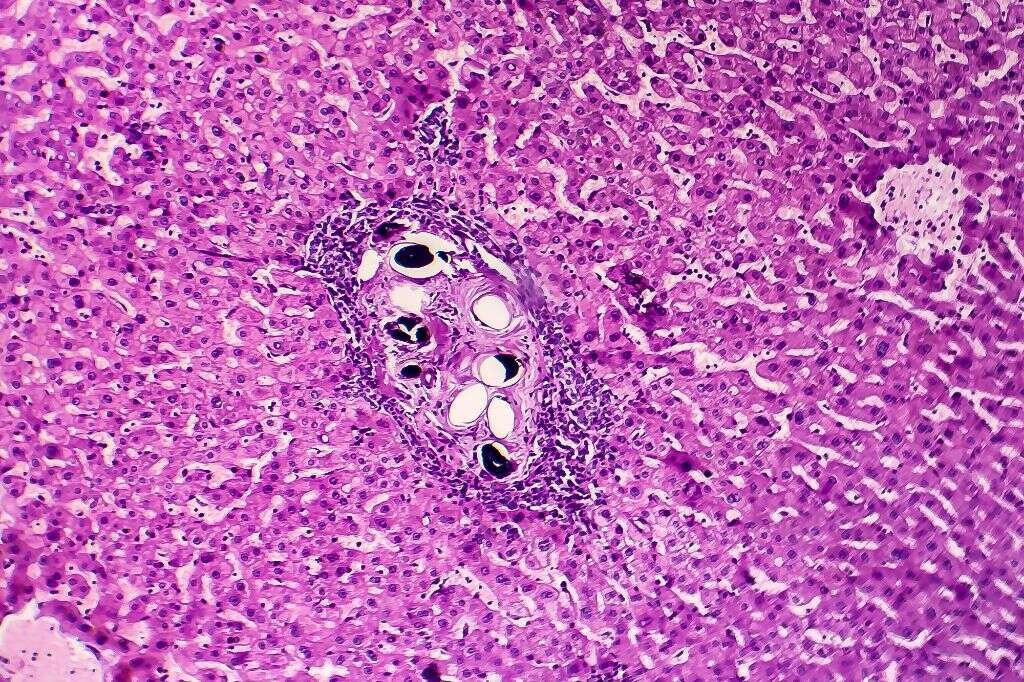
8. Chronic Schistosomiasis Symptoms
Patients with chronic schistosomiasis are likely to experience abdominal pain and diarrhea. They might also have blood in their stools. Problems with the digestive system can result in the patient not absorbing the nutrients they need, and this can result in anemia. The patient can also experience pain when urinating, and they might have blood in their urine.
Chronic schistosomiasis can also cause potentially severe respiratory problems including wheezing, coughing, breathlessness, and coughing up blood. The parasite can even infect the patient’s nervous system, and this can result in serious problems including headaches, numbness, weakness, and seizures. It can be fatal in severe cases.

9. Prevention
As things stand, there is no known vaccine for schistosomiasis. This means it is important to take precautions if you feel you might become exposed to the parasite. This mostly means avoiding swimming in water that has not been treated, such as lakes and rivers. Also make sure that any water you drink has been treated. Boiling it will help to protect you against the parasite.
While medication is often sold that claims to be able to help prevent schistosomiasis, this is not usually effective. Using insect repellent after getting out of water is also not thought to be effective. Drying yourself off as soon as you get out of the water can help to limit your chances of an infection, however.

10. Treatments
While there is no vaccine for schistosomiasis, treatment is available and is also fairly straightforward. An anti-parasitic drug by the name praziquantel is very effective at killing the worms. It is most effective against mature worms, so the treatment is often repeated a few weeks after the initial dose.
While the parasite can be treated, however, it may not be possible to reverse damage that has been done to the patient’s organs in the more severe cases. Medication may be needed to help treat the symptoms of schistosomiasis in some cases, and to help the patient’s organs and other body parts to recover.





